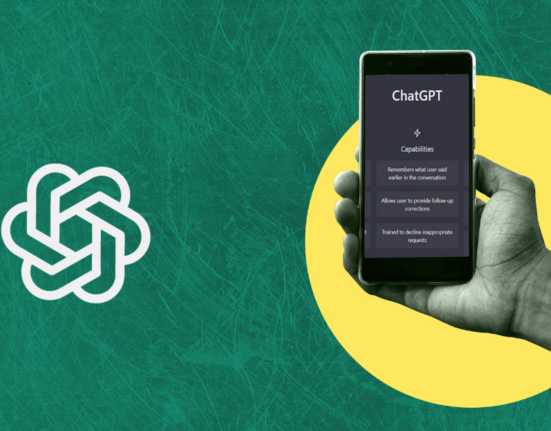In a concerning revelation, a Singaporean cybersecurity firm has reported that over 100,000 login credentials for the popular artificial intelligence chatbot ChatGPT have been leaked and traded on the dark web. The compromised accounts, which were traded between June 2022 and May 2023, could potentially provide bad actors with access to confidential information about companies and individuals. This breach highlights the need for robust cybersecurity measures and serves as a reminder for individuals and organizations to prioritize the protection of their online accounts.
According to Group-IB, the cybersecurity firm that discovered the leaked logins, more than 101,000 compromised devices containing ChatGPT logins were traded on dark web marketplaces during the specified period. These logs, obtained from stealer-infected devices, contained combinations of login credentials and passwords for ChatGPT. Notably, the highest number of compromised logins were found in the Asia-Pacific region, accounting for approximately 40% of the total.
The leaked ChatGPT logins pose a significant threat to both companies and individuals. With unauthorized access to user queries and chat history, cybercriminals could gain valuable insights into organizations’ confidential information. This data could then be exploited to launch targeted attacks against companies or individual employees. Given that the compromised accounts include those of employees using ChatGPT for work purposes, the potential for exposure of sensitive corporate data is a major concern.
ChatGPT – Responsibility and Security Measures
Although the compromised logins are a cause for alarm, OpenAI, the company behind ChatGPT, is not at fault for the breach. Group-IB clarified that the logs containing the leaked credentials were not a result of any weaknesses in ChatGPT’s infrastructure. However, this incident underscores the importance of regularly updating software and implementing robust security measures such as two-factor authentication. Users must remain vigilant in safeguarding their online accounts to prevent unauthorized access and potential data breaches.
The leak of over 100,000 ChatGPT logins highlights the persistent threats posed by cybercriminals and the critical need for enhanced cybersecurity practices. Individuals and organizations should prioritize the security of their online accounts, employ strong authentication methods, and regularly update their software to protect against potential breaches. Additionally, companies utilizing AI chatbots or similar technologies must be cautious about storing sensitive information and ensure adequate safeguards are in place to protect confidential data. By remaining proactive and implementing robust security measures, we can mitigate the risks associated with such breaches and safeguard our digital environments






